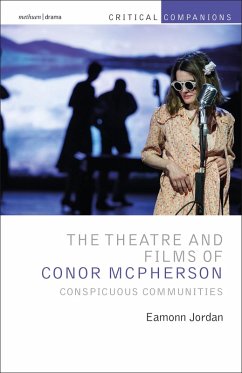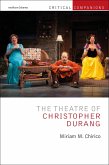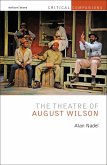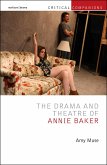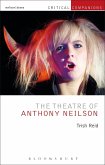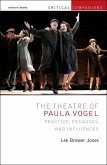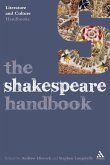The spellbinding premiere of The Weir at the Royal Court in 1997 was
the first of many works to bring Conor McPherson to the attention of
the theatre-going public. Acclaimed plays followed, including Shining City,
The Seafarer, The Night Alive and Girl from the North Country, garnering
international acclaim and being regularly produced around the globe.
McPherson has also had significant successes as a theatre director, film
director and screenwriter, most notably, with his award-winning screenplay
for I Went Down.
This companion offers a detailed and engaging critical analysis of the
plays and films of Conor McPherson. It considers issues of gender and class
disparity, violence and wealth in the cultural and political contexts in which
the work is written and performed, as well as the inclusion of song, sound,
the supernatural, religious and pagan festive sensibilities through which
initial genre perceptions are nudged elsewhere, towards the unconscious and
ineffable. Supplemented by a number of contributed critical and performance
perspectives, including an interview with Conor McPherson, this is a book
to be read by theatre audiences, performance-makers and students who wish
to explore, contextualize and situate McPherson's provocative, exquisite and
generation-defining writings and performances.
the first of many works to bring Conor McPherson to the attention of
the theatre-going public. Acclaimed plays followed, including Shining City,
The Seafarer, The Night Alive and Girl from the North Country, garnering
international acclaim and being regularly produced around the globe.
McPherson has also had significant successes as a theatre director, film
director and screenwriter, most notably, with his award-winning screenplay
for I Went Down.
This companion offers a detailed and engaging critical analysis of the
plays and films of Conor McPherson. It considers issues of gender and class
disparity, violence and wealth in the cultural and political contexts in which
the work is written and performed, as well as the inclusion of song, sound,
the supernatural, religious and pagan festive sensibilities through which
initial genre perceptions are nudged elsewhere, towards the unconscious and
ineffable. Supplemented by a number of contributed critical and performance
perspectives, including an interview with Conor McPherson, this is a book
to be read by theatre audiences, performance-makers and students who wish
to explore, contextualize and situate McPherson's provocative, exquisite and
generation-defining writings and performances.

